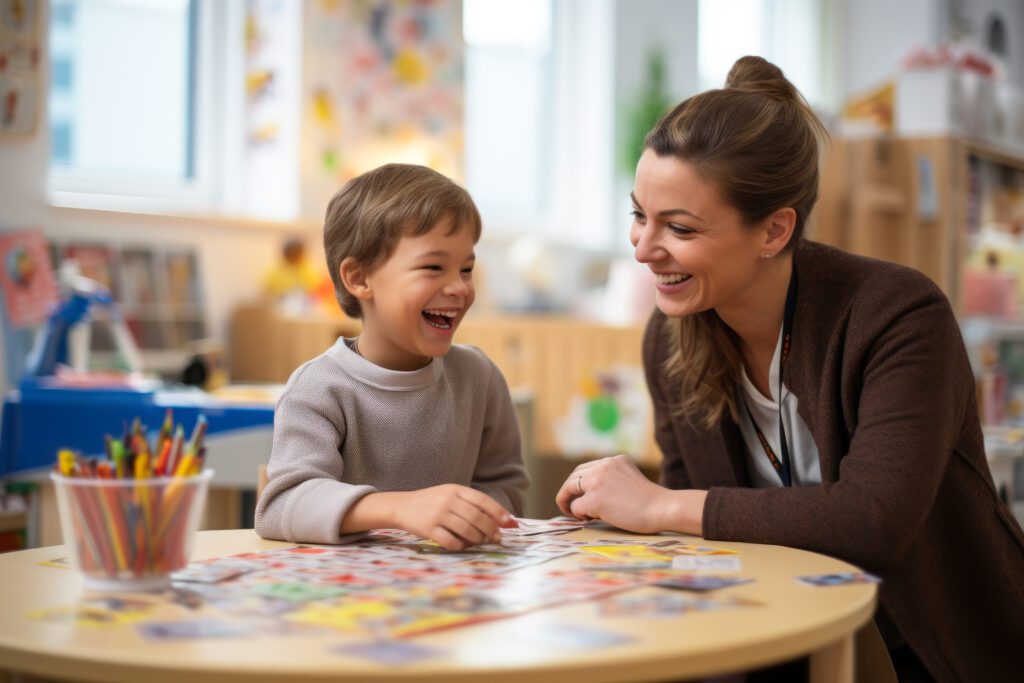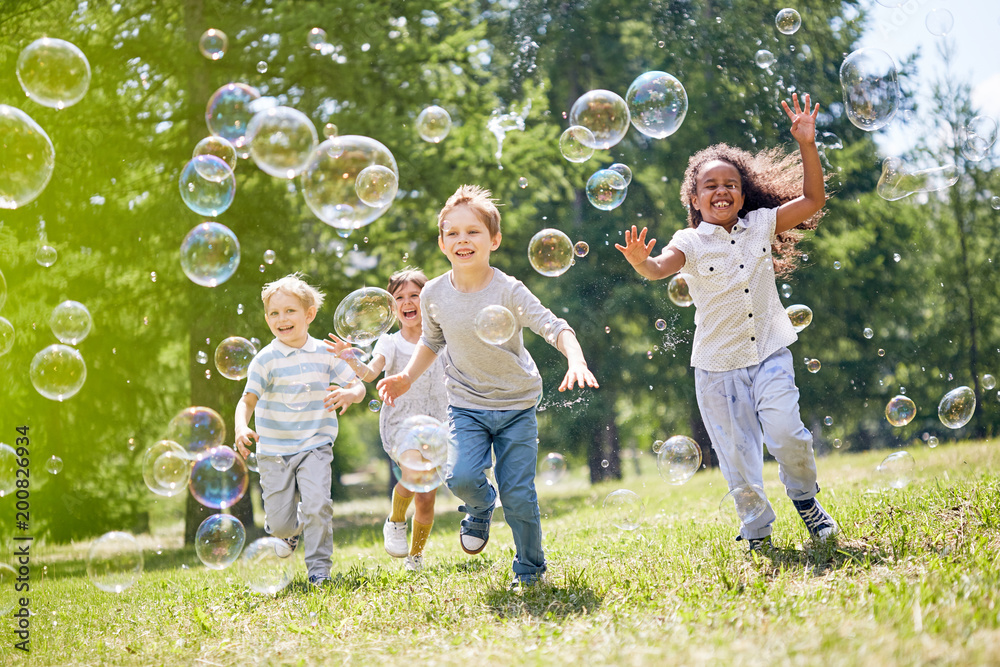Child, Adolescent & Family Therapy
The problems you’re facing arose within the family, and the solutions will emerge there too.
I work with children of all ages struggling to develop socially, emotionally and behaviorally.
Parents often ask “How is playing going to help my child’s behavior?” After all, your child plays with friends during recess, and plays with friends and siblings. How can playing in a therapy session make a difference? A therapist is a different kind of playmate. This allows the child to work through the social and emotional matters in a way that is different from other kinds of play.
Some children do play at those times and with those people, and sometimes that’s wonderful and working out well. But kids naturally run into conflicts when other people have different ideas, or different communication styles, or are maybe just plain mean. Then what?


Play therapy for children and families: Children learn by doing, not by being told what to do.
Play is a natural way for children to learn. Therapeutic play helps children who struggle with anxiety or anger, handling peer relationships, emotional self-regulation with big feelings, and more. In therapy, a child can safely play out those struggles, express them, try new ways to handle them, and learn naturally from those experiences.
Playing games together might be wonderful bonding time for a family, or could bring out the worst competitive streaks! Play therapy might be 1:1 with the child and therapist, or with family members together, depending on the needs, and the stage in therapy.
Play therapy can look like:
- Competitive & cooperative games
- Pretend play
- Sand tray play
- Expressive arts & crafts
“Play is often talked about as if it were a relief from serious learning. But for children, play is serious learning. Play is really the work of childhood.”
– FRED ROGERS

Food allergy counseling: Child, adolescent & family therapy for food allergy fears
Families need a therapist who understands food allergies so everyone can feel safe. Food allergies can present enormous day to day challenges for each individual, and those who care for them. I understand the struggle with food allergies, both personally and professionally. Problems come up for kids in social settings, with “big feelings” emotionally, and with problematic behavior patterns. Therapy for food allergy anxiety can help everyone feel supported as we work to find a healthy balance between safety and a rich, meaningful family life.
Therapy for gifted & “Gifted+” & “2E” children, teens & their families
Gifted persons of all ages often have rich, complex and intense emotional lives which accompany their precocious intellect. Working with a therapist who “gets gifted” is important to avoid the pitfalls of over diagnosis and pathologizing the very characteristics that make each person unique and wonderful. I work with gifted children, adolescents and their families to build understanding of themselves and one another.
“Giftedness is asynchronous development in which advanced cognitive abilities and heightened intensity combine to create inner experiences and awareness that are qualitatively different from the norm. This asynchrony increases with higher intellectual capacity. The uniqueness of the gifted renders them particularly vulnerable and requires modifications in parenting, teaching and counseling in order for them to develop optimally.”
– COLUMBUS GROUP (1991)
